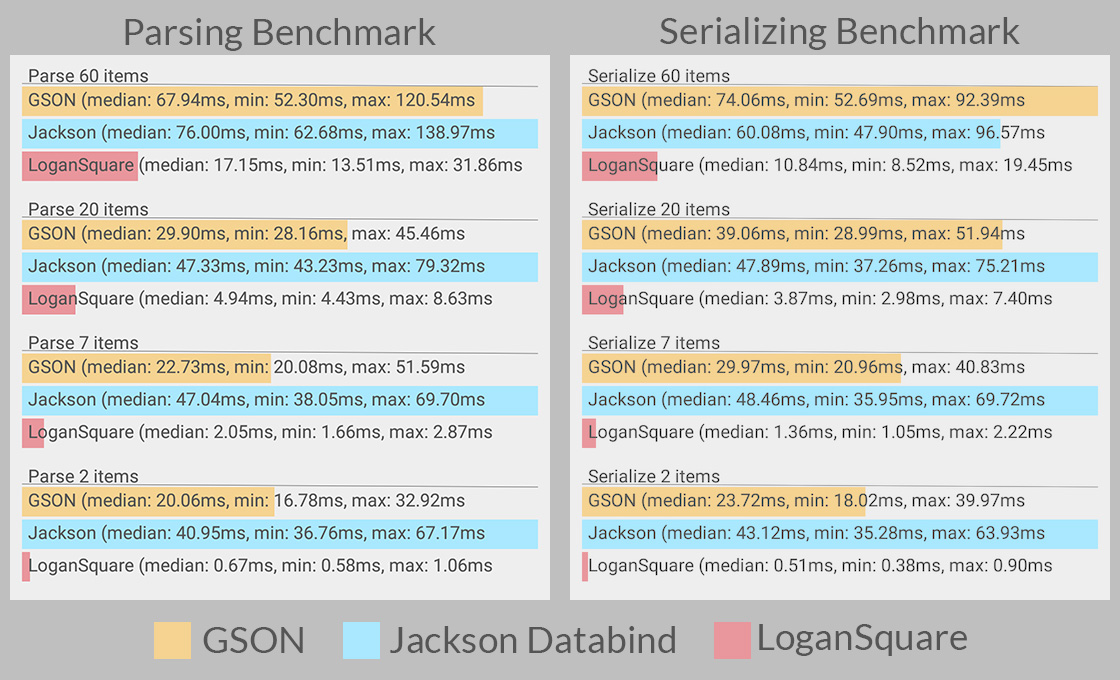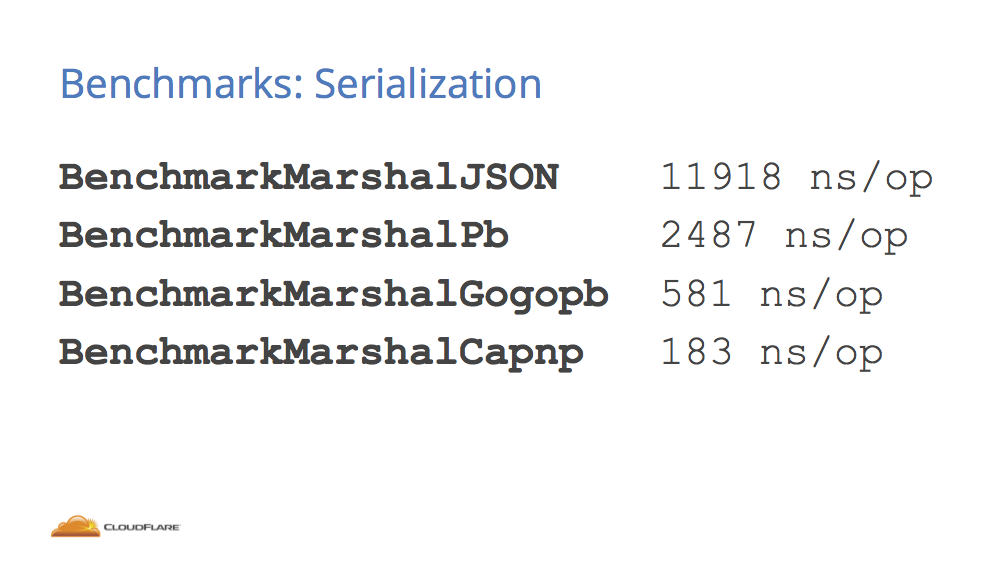Serialize Iqueryable To Json String
Working with dates in Azure Cosmos DBAzure Cosmos DB delivers schema flexibility and rich indexing via a native JSON data model. All Azure Cosmos DB resources including databases, collections, documents, and stored procedures are modeled and stored as JSON documents. As a requirement for being portable, JSON and Azure Cosmos DB supports only a small set of basic types String, Number, Boolean, Array, Object, and Null. However, JSON is flexible and allow developers and frameworks to represent more complex types using these primitives and composing them as objects or arrays. Serialize Iqueryable To Json String' title='Serialize Iqueryable To Json String' />

 In addition to the basic types, many applications need the Date. Time type to represent dates and timestamps. This article describes how developers can store, retrieve, and query dates in Azure Cosmos DB using the. NET SDK. Storing Date. Times. By default, the Azure Cosmos DB SDK serializes Date. Time values as ISO 8. Most applications can use the default string representation for Date. Time for the following reasons Strings can be compared, and the relative ordering of the Date. Time values is preserved when they are transformed to strings. This approach doesnt require any custom code or attributes for JSON conversion. The dates as stored in JSON are human readable. This approach can take advantage of Azure Cosmos DBs index for fast query performance. For example, the following snippet stores an Order object containing two Date. Time properties Ship. Date and Order. Date as a document using the. This section describes some details of how EF loads related entities, and how to handle circular navigation properties in your model classes. This section provides. I am trying to do a simple JSON return but I am having issues I have the following below. JsonResult GetEventData var data Event. Findx x. ID 0. In previous articles I explained create installer file for windows application in visual studio, split string including delimiter at the end in c, vb. Learn about how to work with dates in Azure Cosmos DB. Converts an IEnumerableltIGroupingltTKey,TValue to a DictionaryltTKey,ListltTValue so that you can easily convert the results of a GroupBy clause to a Dictionary of. Your official information source from the. NET Web Development and Tools group at Microsoft. NET SDK public class Order. Json. PropertyProperty. Nameid. public string Id get set. Date. Time Order. Date get set. Date. Time Ship. Date get set. Total get set. Create. Document. Asyncdbsorderdbcollsorders. Id 0. 91. 52. 01. Order. Date Date. Time. Utc. Now. Add. Days 3. 0. Ship. Date Date. Time. Utc. Now. Add. Days 1. Total 1. 13. This document is stored in Azure Cosmos DB as follows. Order. Date 2. T2. Z. Ship. Date 2. T2. Z. Total 1. 13. Alternatively, you can store Date. Times as Unix timestamps, that is, as a number representing the number of elapsed seconds since January 1, 1. Azure Cosmos DBs internal Timestamp ts property follows this approach. You can use the Unix. Date. Time. Converter class to serialize Date. Times as numbers. Indexing Date. Times for range queries. Range queries are common with Date. Time values. For example, if you need to find all orders created since yesterday, or find all orders shipped in the last five minutes, you need to perform range queries. To execute these queries efficiently, you must configure your collection for Range indexing on strings. Document. Collection collection new Document. Collection Id orders. Indexing. Policy new Indexing. Policynew Range. IndexData. Type. String Precision 1. Create. Document. Collection. Asyncdbsorderdb, collection. You can learn more about how to configure indexing policies at Azure Cosmos DB Indexing Policies. Querying Date. Times in LINQThe Document. DB. NET SDK automatically supports querying data stored in Azure Cosmos DB via LINQ. For example, the following snippet shows a LINQ query that filters orders that were shipped in the last three days. IQueryablelt Order orders client. Create. Document. Querylt Order dbsorderdbcollsorders. Whereo o. Ship. Date Date. Time. Utc. Now. Add. Days 3. Translated to the following SQL statement and executed on Azure Cosmos DB. SELECT FROM root WHERE rootShip. Date 2. T2. 1 5. 5 0. Z. You can learn more about Azure Cosmos DBs SQL query language and the LINQ provider at Querying Cosmos DB. In this article, we looked at how to store, index, and query Date. Times in Azure Cosmos DB. Custom Paging for ASP. Net MVC Kendo Grid. F-16 Fighting Falcon Game. I have a MVC Kendo Grid as follows. It is working fine with default paging. Now, I want to do custom paging. In the controller action we need to know the current page index. Also it should set the total count for the grid. The actual data source will have only 2 records at a time even if there are 1. So the grid must know the total number of records in database using total attribute. The query should return only 2 records from the database at a time. How can we do this custom server paging using the MVC wrapper for Kendo Gridusing Html. Begin. Form. Html. Kendo. Gridlt Kendo. UIMvc. Sample. Models. Sample. Namessgrid. Columnscolumns. Boundp p. Sample. Description. Filterablefalse. Width1. Boundp p. Sample. Code. Filterablefalse. Width1. 00. columns. Boundp p. Sample. Items. Filterablefalse. Width1. 00. Auto. Bindfalse. Pageable. Sortable. Scrollable. Filterable. Html. Attributesnew style height 4. Data. Sourcedata. Source data. Source. Ajax. Page. Size2. Readread read. ActionOrdersRead, Sample. Controllerpublic Action. Result OrdersReadData. Source. RequestData. Source. Request request. Page. Number request. Page. return JsonGet. Orders. To. Data. Source. Resultrequest.
In addition to the basic types, many applications need the Date. Time type to represent dates and timestamps. This article describes how developers can store, retrieve, and query dates in Azure Cosmos DB using the. NET SDK. Storing Date. Times. By default, the Azure Cosmos DB SDK serializes Date. Time values as ISO 8. Most applications can use the default string representation for Date. Time for the following reasons Strings can be compared, and the relative ordering of the Date. Time values is preserved when they are transformed to strings. This approach doesnt require any custom code or attributes for JSON conversion. The dates as stored in JSON are human readable. This approach can take advantage of Azure Cosmos DBs index for fast query performance. For example, the following snippet stores an Order object containing two Date. Time properties Ship. Date and Order. Date as a document using the. This section describes some details of how EF loads related entities, and how to handle circular navigation properties in your model classes. This section provides. I am trying to do a simple JSON return but I am having issues I have the following below. JsonResult GetEventData var data Event. Findx x. ID 0. In previous articles I explained create installer file for windows application in visual studio, split string including delimiter at the end in c, vb. Learn about how to work with dates in Azure Cosmos DB. Converts an IEnumerableltIGroupingltTKey,TValue to a DictionaryltTKey,ListltTValue so that you can easily convert the results of a GroupBy clause to a Dictionary of. Your official information source from the. NET Web Development and Tools group at Microsoft. NET SDK public class Order. Json. PropertyProperty. Nameid. public string Id get set. Date. Time Order. Date get set. Date. Time Ship. Date get set. Total get set. Create. Document. Asyncdbsorderdbcollsorders. Id 0. 91. 52. 01. Order. Date Date. Time. Utc. Now. Add. Days 3. 0. Ship. Date Date. Time. Utc. Now. Add. Days 1. Total 1. 13. This document is stored in Azure Cosmos DB as follows. Order. Date 2. T2. Z. Ship. Date 2. T2. Z. Total 1. 13. Alternatively, you can store Date. Times as Unix timestamps, that is, as a number representing the number of elapsed seconds since January 1, 1. Azure Cosmos DBs internal Timestamp ts property follows this approach. You can use the Unix. Date. Time. Converter class to serialize Date. Times as numbers. Indexing Date. Times for range queries. Range queries are common with Date. Time values. For example, if you need to find all orders created since yesterday, or find all orders shipped in the last five minutes, you need to perform range queries. To execute these queries efficiently, you must configure your collection for Range indexing on strings. Document. Collection collection new Document. Collection Id orders. Indexing. Policy new Indexing. Policynew Range. IndexData. Type. String Precision 1. Create. Document. Collection. Asyncdbsorderdb, collection. You can learn more about how to configure indexing policies at Azure Cosmos DB Indexing Policies. Querying Date. Times in LINQThe Document. DB. NET SDK automatically supports querying data stored in Azure Cosmos DB via LINQ. For example, the following snippet shows a LINQ query that filters orders that were shipped in the last three days. IQueryablelt Order orders client. Create. Document. Querylt Order dbsorderdbcollsorders. Whereo o. Ship. Date Date. Time. Utc. Now. Add. Days 3. Translated to the following SQL statement and executed on Azure Cosmos DB. SELECT FROM root WHERE rootShip. Date 2. T2. 1 5. 5 0. Z. You can learn more about Azure Cosmos DBs SQL query language and the LINQ provider at Querying Cosmos DB. In this article, we looked at how to store, index, and query Date. Times in Azure Cosmos DB. Custom Paging for ASP. Net MVC Kendo Grid. F-16 Fighting Falcon Game. I have a MVC Kendo Grid as follows. It is working fine with default paging. Now, I want to do custom paging. In the controller action we need to know the current page index. Also it should set the total count for the grid. The actual data source will have only 2 records at a time even if there are 1. So the grid must know the total number of records in database using total attribute. The query should return only 2 records from the database at a time. How can we do this custom server paging using the MVC wrapper for Kendo Gridusing Html. Begin. Form. Html. Kendo. Gridlt Kendo. UIMvc. Sample. Models. Sample. Namessgrid. Columnscolumns. Boundp p. Sample. Description. Filterablefalse. Width1. Boundp p. Sample. Code. Filterablefalse. Width1. 00. columns. Boundp p. Sample. Items. Filterablefalse. Width1. 00. Auto. Bindfalse. Pageable. Sortable. Scrollable. Filterable. Html. Attributesnew style height 4. Data. Sourcedata. Source data. Source. Ajax. Page. Size2. Readread read. ActionOrdersRead, Sample. Controllerpublic Action. Result OrdersReadData. Source. RequestData. Source. Request request. Page. Number request. Page. return JsonGet. Orders. To. Data. Source. Resultrequest.